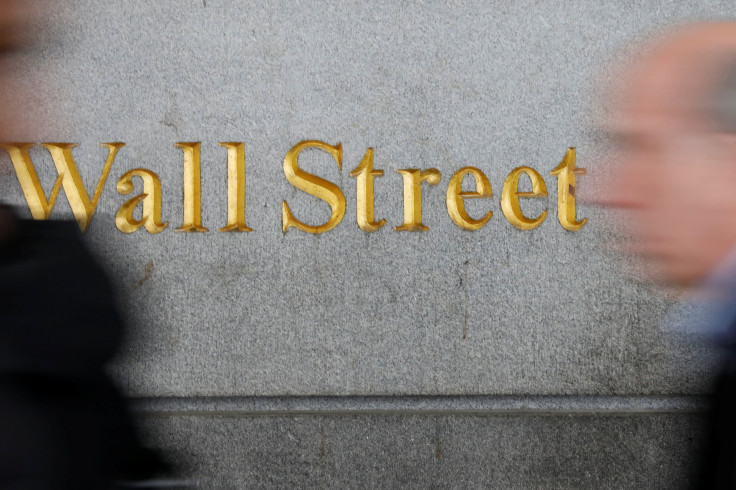Monday's Stock Market Open: US Equities Rise After China Cuts Tariffs On Hundreds Of Imports

KEY POINTS
- China agreed to cut tariffs on more than 850 products
- Trading should be light in holiday-shortened week
- China, Japan and South Korea to hold a trilateral summit in China
U.S. stocks traded higher Monday after China said it will reduce import tariffs on a broad array of goods, while Boeing (BA) led the Dow Jones Industrial Average higher after they fired CEO Dennis Muilenberg amid its ongoing problems with the 737 MAX aircraft.
The Dow Jones Industrial Average gained 115.78 points to 28,570.87 while the S&P 500 climbed 5.27 points to 3,226.49 and the Nasdaq Composite Index rose 30.92 points to 8,955.88.
Sales of new U.S. homes climbed 1.3% to a 719,000 annualized rate in November, from a downwardly revised October figure. For the three months through November, new home purchases averaged 720,000 per month, the best three-month performance since 2007.
China’s Finance Ministry said Sunday that beginning on Jan. 1, it will cut import tariffs on 859 products, including frozen pork, avocados, some wood and paper items and some kinds of semiconductors, to boost its economy by easing trade barriers.
China will also enact negotiated tariff rates with 23 countries starting next year.
“Stocks are grinding relentlessly higher into year-end on continued momentum from the positive resolution of four key events: A phase one trade deal, a dovish Fed, economic data that isn’t getting worse and Brexit resolution,” Tom Essaye, founder of Sevens Report, said Monday.
China, Japan and South Korea will hold a trilateral summit in China this week to discuss various over trade and security matters.
“At this juncture, it is common sense for China to improve relations with its neighbors Japan and South Korea,” said Shi Yinhong, a professor of international relations at Beijing’s Renmin University.
Orders for durable goods in the U.S. dropped 2% in November -- the biggest such decline since May. Economists had expected a 1% increase in durable orders in November
The Chicago Fed National Activity Index for November jumped from -0.71 to 0.56, beating forecasts.
“It’s a combination of low volume but also the fact that you’ve seen some progress with China and it’s really causing the bulls to jump in here,” Dunkin Allison, director of portfolio management at Delegate Advisors, said. “There’s not a lot of losses out there so most people, in context to last year, we don’t see a lot of selling pressure today.”
Overnight in Asia, markets finished mixed. The Hang Seng gained 0.13% while Japan’s Nikkei-225 edged up 0.02% and China’s Shanghai Composite dropped 1.4%.
European markets finished mixed with the FTSE 100 up 0.56% while Germany's DAX fell 0.13% and France's CAC 40 rose 0.13%.
Crude oil futures rose 0.2% at $60.56 per barrel and Brent crude slipped 1.09% at $65.42. Gold futures gained 0.38%.
The euro gained 0.1% at $1.1088 while the pound sterling slipped 0.66% at $1.2915.
© Copyright IBTimes 2024. All rights reserved.





















